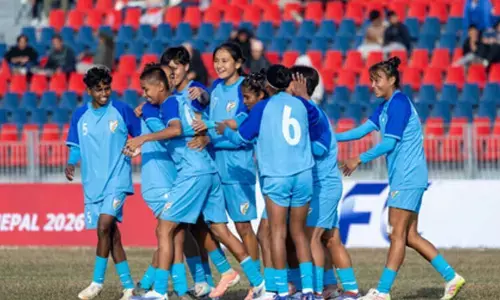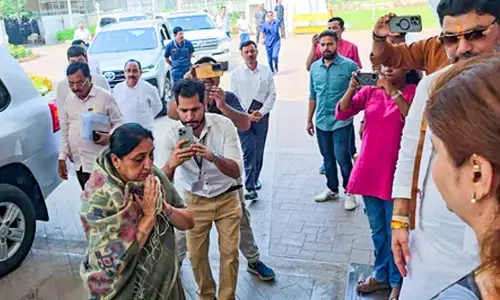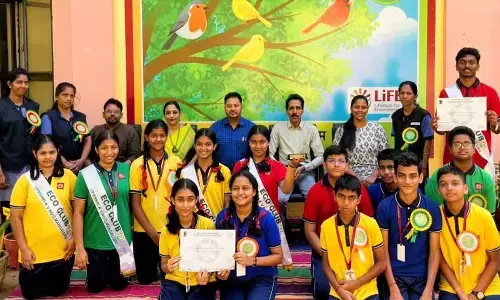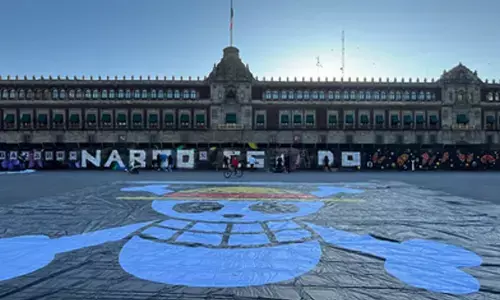Bonded labour at textile mills
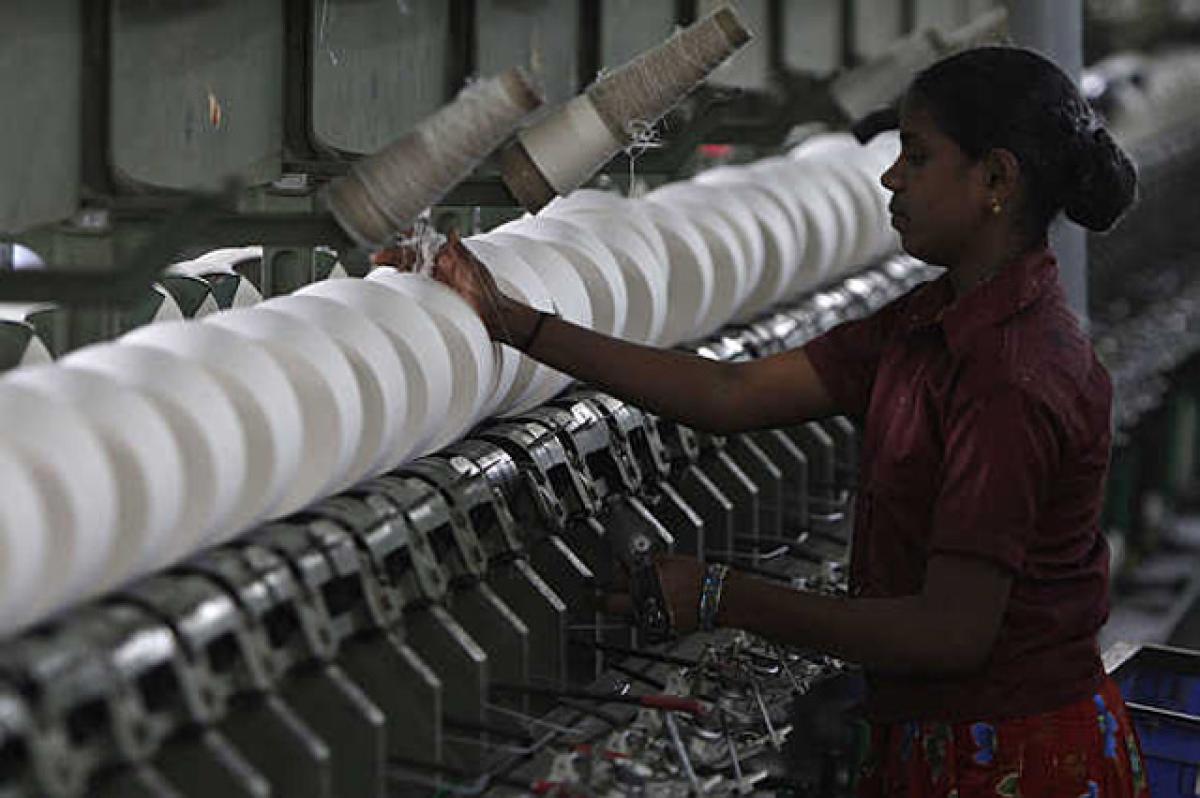
Bonded labour at textile mills. Erode (Thomson Reuters Foundation): From her two-room concrete home nestled among the lush coconut plantations of southern India, housewife Kavita has seen the region\'s textile industry flourish for a decade, thanks to the labour of poor, lower caste women like herself.
Erode (Thomson Reuters Foundation): From her two-room concrete home nestled among the lush coconut plantations of southern India, housewife Kavita has seen the region's textile industry flourish for a decade, thanks to the labour of poor, lower caste women like herself.
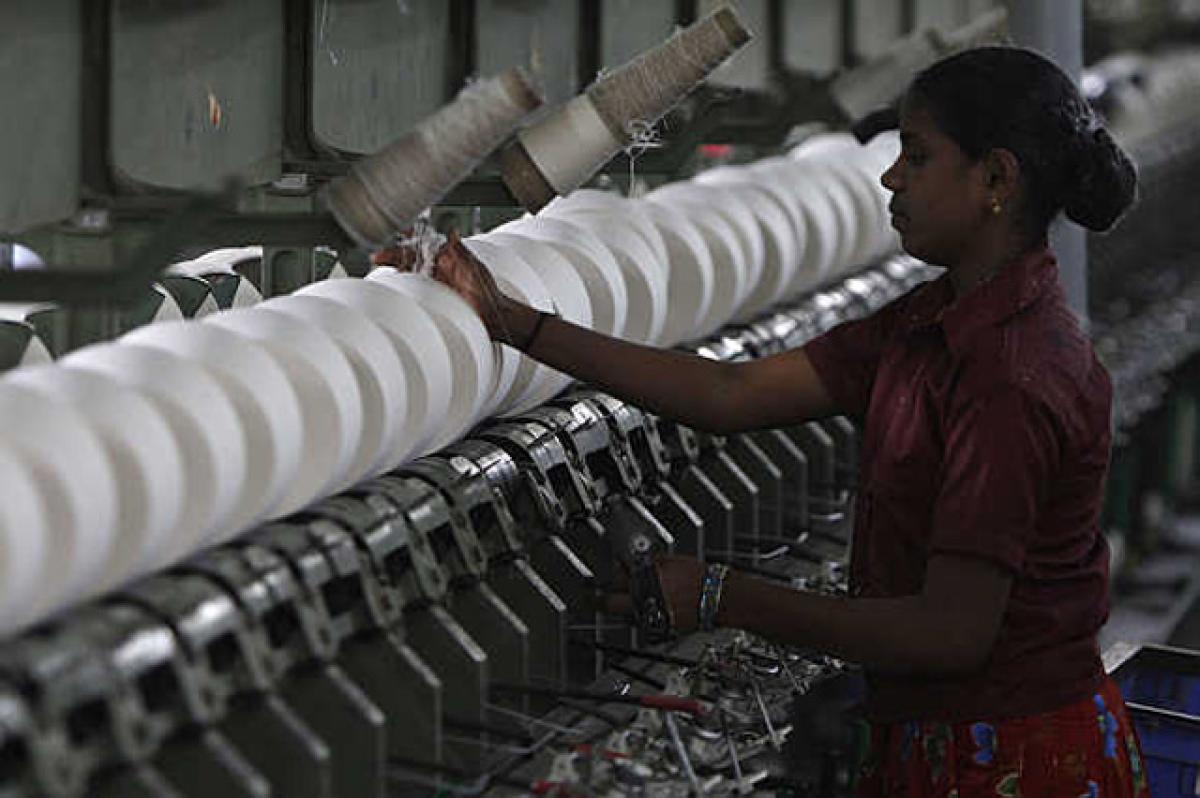
Promising a better life, "agents" have for years visited these poor, rural parts of Tamil Nadu and taken a steady stream of girls and women to work in thousands of cotton spinning mills, part of a textile and clothing industry that is one of India's biggest employers and a major exporter.
The image of women from remote hamlets going to work, staying in hostels and earning money spinning cotton as part of a booming global garment supply chain, should be empowering in a country like India, an emerging power still plagued by poverty and male domination.
But former workers in Tamil Nadu's Erode district describe a system of exploitation and bonded labour that has cast a dark shadow over India's long-established textile industry. "I tell all the women I meet not to go and work in the mills. I know what the agents promise and what is real.
It is not the same," said 23-year-old Kavita, dressed in a lime sari, a crimson flower in her long black plait, sitting on a woven mat in her village home. "For almost a year, I wasn't allowed to leave the compound where the hostel and mill was. They made me work double shifts. I only got out because I lied and said my aunt had died and I had to attend the funeral. I never went back."
Just 13 at the time, Kavita was one of thousands of girls and women employed under "marriage schemes" offered by mills which mushroomed in Tamil Nadu when India's economic liberalisation began in the early 1990s. The schemes draw in cheap labour - mainly young women from poor, illiterate and low-caste or "Dalit" communities such as the Arunthathiyar - and offer lump sum payments at the end of a three-year period.
They are promoted as an easy way to obtain the hefty dowries families need to marry off daughters. Recruits are offered full board in hostels at the mills' compounds, holidays twice a year, outings such as picnics and temple visits, and clean and safe working and living conditions.
But former workers and numerous studies by civil society groups such as the Freedom Fund, Anti-Slavery International and the Centre for Research on Multinational Companies say the women are kept in closed hostels, overworked, underpaid and abused.
"The binding of workers in this way, where they cannot change employers, is a form of bonded labour," a 2014 study by the Freedom Fundand the C&A Foundation said. "Very low wages, excessive and sometimes forced overtime, lack of freedom of movement and of association, verbal and sexual abuse were found."
The study suggested at least 100,000 girls and women were being exploited in this way. Industry bodies deny allegations of exploitation and say the schemes are "apprenticeships" in line with labour laws offering high wages. Cases of abuse are rare, they say.
Traffickers are called "agents", legal loopholes are exploited and girls are overworked, afraid to speak out for fear of losing the money needed for their weddings, activists say. Some women say they were regularly forced to stand for more than 12 hours a day working the spindles.
Others speak of migraines, excessive stomach pains and heavy bleeding during menstruation from dust and poor ventilation in the factories. The head of the South Indian Mills Association (SIMA), representing some 400 mills, said the government and the SIMA had strict codes of conduct on the treatment of workers, but admitted there might be violations.
"Some unscrupulous people have disobeyed these rules and now everyone has got a bad name due to this. Police are taking action as and when necessary," SIMA Secretary General K Selvaraju told the Thomson Reuters Foundation.
By Nita Bhalla









